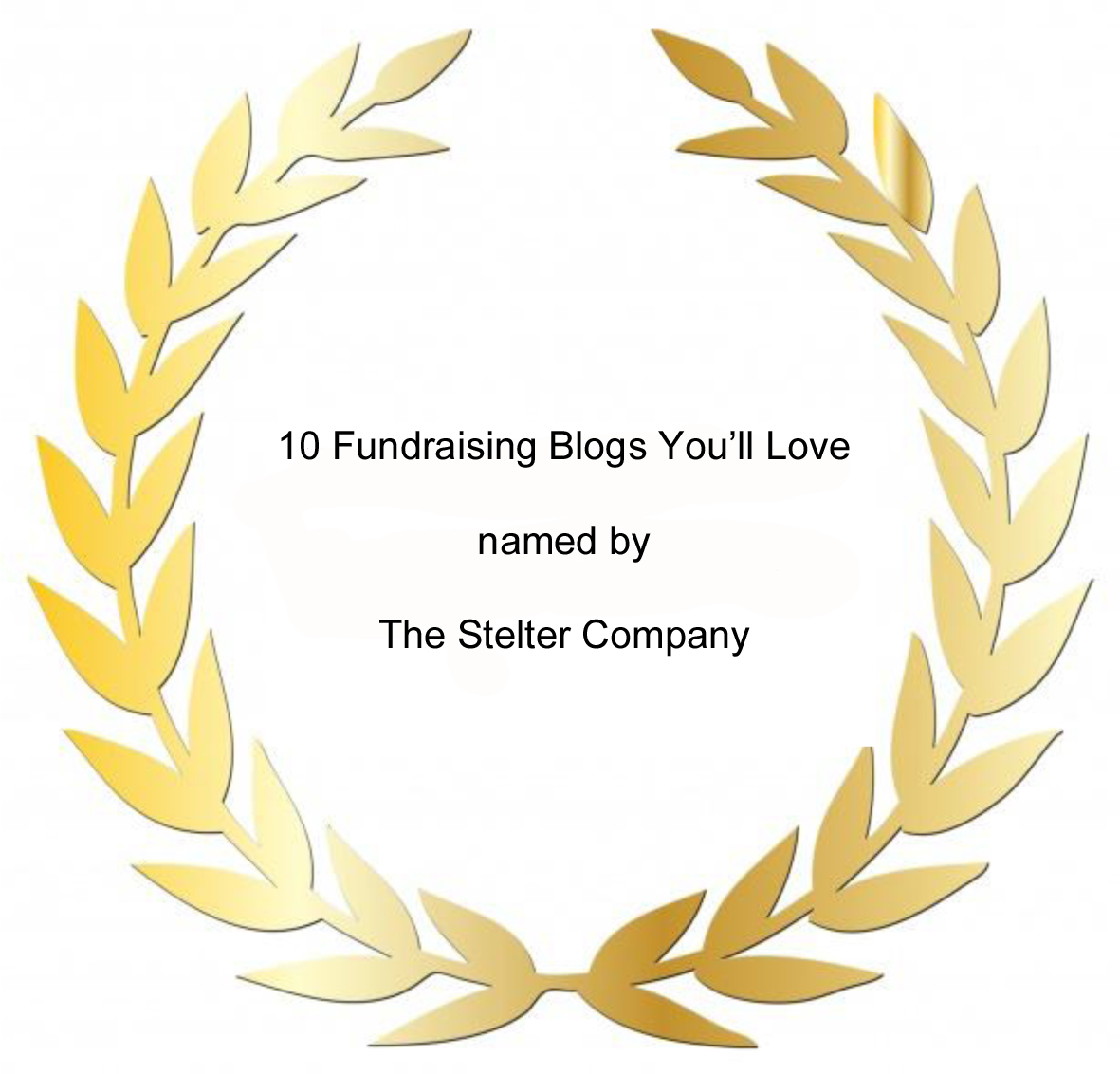Words have the power to inspire. They also have the power to alienate. Words can touch us or they can fall flat.
In my previous post, I shared seven words that, when used together, can earn you the respect, trust, and appreciation of prospects and donors.
 Mary Cahalane, of the Hands-on Fundraising blog, looked at words from a different perspective in her excellent post “7 Words and Phrases that Should Die.”
Mary Cahalane, of the Hands-on Fundraising blog, looked at words from a different perspective in her excellent post “7 Words and Phrases that Should Die.”
Inspired by Mary, I now want to share my list of planned-giving and major-giving related words and phrases that, at times, make me cringe:
Planned Giving. I know, I just used the term “planned giving,” and now I’m telling you it makes me cringe. Let me explain. The term is jargon. As such, I think it’s fine to use with other nonprofit professionals in the office. It nicely encompasses all of the various ways of planning a gift. Unfortunately, most donors have either no idea what the term means or only a vague, partial notion.
When speaking with a prospect, avoid talking about “planned giving.” Instead, talk with your prospects about their “legacy” and the specific gift structure(s) you want to suggest. For example, talk about a gift in a will or a Charitable Gift Annuity rather than using the confusing and, for the context, overly broad term “planned giving.” If you need a generic term to use with prospects, I prefer “legacy giving,” while I acknowledge that that phrase is not completely without its own problems.
Bequest. When you read the previous paragraph, you might have noticed I avoided this word. You might have guessed that I don’t particularly like the word “bequest.” If you did, you’re right.
First, many people don’t really understand what a “bequest” is. Second, many of those who do understand the word think it is something only rich folks do. Third, the word sounds funereal to some.
Instead of using the word “bequest,” talk with prospects in simple, easy to understand terms. Don’t ask them to make a charitable bequest commitment. Ask your prospects to include your organization in their will.
Philanthropy. This is a great word. It comes from a Greek word literally meaning “love of humankind.” Unfortunately, some prospects, and even some donors, find the word alienating.
I remember speaking with a woman while we were waiting in the wings at a National Philanthropy Day luncheon. I was about to present her with the Partnership for Philanthropic Planning of Greater Philadelphia Legacy Award for Planned Giving Philanthropist of the Year. She told me she was honored to be present, but she wanted me to know, “I’m not really a philanthropist.”
I explained to the award recipient what the word “philanthropy” means. And I explained that it is not a term that is exclusive to the wealthy. I made sure she understood that she is indeed a philanthropist. I’m glad I had the chance to explain “philanthropy” to this caring donor. Sadly, we don’t always have such an opportunity.
If you’re thinking about using the word “philanthropy,” know your audience and know whether the term will resonate. Just keep in mind that 70 percent of people with investible assets of $1 million or more do not consider themselves wealthy, according to The UBS Investor Watch. If your prospects think “philanthropy” is only for the wealthy, and they’re not wealthy, you’re going to have some problems if you toss around the word. Words such as “legacy” or “support” might do nicely instead.
Generous. Again, this is a word that can work, but can also be problematic, depending on your audience. Many donors think that Bill Gates is “generous,” but they don’t necessarily think their own giving is, even if it fits your description of a major gift. Instead, they might think, “I’m just giving what I can. It’s not much, but it’s what I can do.”
Your prospects might think you’re looking only for “generous” support, and they might equate “generous” with “massive.” In other words, they might not think you want or need the gift they’re capable of giving.
Another problem with using “generous” is that it can reduce donors to their gifts. We all can agree that donors are certainly much more than their donation. So, particularly when thanking supporters, thank them for “caring” rather than for their “generosity.” Alternatively, thank them for both or thank them for their “meaningful support.”
Please RSVP. Nonprofit organizations use events to cultivate prospects, raise money, thank donors, and generate publicity, among other things. Charities usually send invitations to events and encourage recipients to indicate whether they will attend. The term “RSVP” is often used for this purpose.
Unfortunately, many organizations mistakenly use the phrase “Please RSVP.” This one is simply redundant. “RSVP” is an abbreviation of a French phrase: répondez s’il vous plaît. Translated, the phrase means essentially, “please respond.”
So, if you say “Please RSVP,” you’re really saying, “Please, please respond.” Unless you’re intending to beg someone to respond, please do not add the unnecessary “please.”
I could list other words and phrases that make me cringe at times. When used cautiously, you can use some of these without problem. However, using the words or phrases under the wrong circumstances will do more than make me cringe. You’ll also do the same for your prospects or donors.
To discover six fantastic words to use when communicating with prospects and donors, read my post: “Power Words that Inspire.”
I invite you to share your own favorite words, or those that make you cringe, below.
That’s what Michael Rosen says… What do you say?








